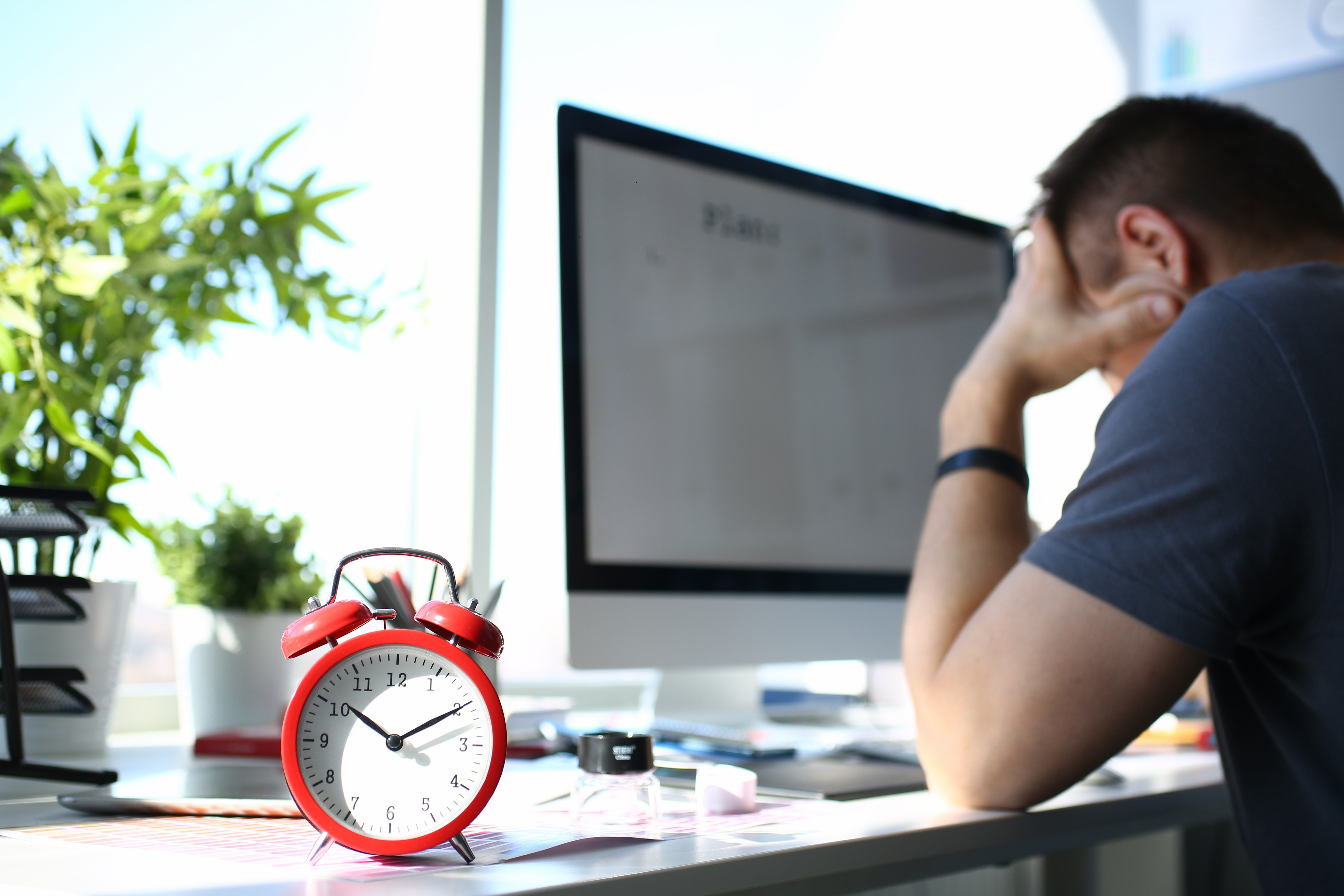Let’s be honest, if your eyes could talk, they’d probably schedule an intervention by now. Between endless screen time, late-night scrolling, five back-to-back Zoom meetings, and squinting at texts from six inches away, we’ve given our eyes every reason to file a formal complaint. And while they haven’t staged a full rebellion yet (just the occasional blurry vision, dryness, and stabbing headache), they’re definitely not impressed.
The truth is, we don’t give our eyes nearly enough credit. They take in the world for us, moment by moment, often without a break. And in a world where most of our jobs, hobbies, and communication involve a glowing rectangle, it’s no wonder they’re overworked, underloved, and quite frankly, exhausted.
The Silent Burnout Behind Your Screens

You might think your eyes are just “a bit tired,” but digital eye strain is a real thing, and it’s becoming more common than ever. If you’ve ever felt that gritty, dry, burning sensation after a day on your phone or laptop, you’re not imagining it. Our blink rate drops dramatically when we’re staring at screens, which means less lubrication, more strain, and a higher chance of eye fatigue.
Add in fluorescent lighting, poor posture, blue light exposure, and the constant ping of notifications, and you’ve got a recipe for irritated, overworked eyes that just want a vacation. The worst part? Most of us power through it, dismissing the discomfort as normal, until our vision starts to blur or we start rubbing our eyes like toddlers past bedtime.
Vision Isn’t Just Physical — It’s Mental, Too

Eye strain isn’t only about overuse. It’s also linked to tension and mental overload. You’ve probably noticed that your eyes feel worse on days when you’re stressed or mentally scattered. That’s no coincidence. The muscles around the eyes tighten when we’re anxious or fatigued, and our visual focus narrows, quite literally, when we’re stuck in “survival mode.”
In Traditional Chinese Medicine, this emotional-vision link is well understood. The eyes are connected to the Liver system, which governs the smooth flow of Qi (energy) throughout the body. When Liver Qi becomes stagnant, often due to stress, frustration, or poor lifestyle habits, the eyes are among the first places to feel the strain. It’s not just about eye drops or screen filters. It’s about how we live.
Simple Changes, Real Relief
Luckily, your eyes are more forgiving than you think. They don’t need a complete lifestyle overhaul, just some honest attention and better habits. Taking regular screen breaks, adjusting lighting, staying hydrated, and incorporating more natural light into your day can go a long way. Even something as simple as looking out a window and focusing on something far away for a minute or two can help reset the tiny muscles around your eyes.
One of my favorite ways to reset eye tension is a warm compress in the evening, it’s soothing, calming, and oddly luxurious. In TCM practice, gentle eye massage and specific acupressure points (like BL-2 and Taiyang) are used to relieve pressure, clear heat, and restore clarity to both the vision and the mind. After trying this regularly, I started to notice that my eyes didn’t just feel better, I felt better.
Let Your Eyes Rest — They’ve Earned It
So maybe it’s time we start treating our eyes the way we treat the rest of our bodies when they’re overworked. We stretch tired muscles. We hydrate dry skin. We rest when we’re fatigued. Why not give our eyes the same level of care?
Your vision isn’t just a function, it’s an experience. And when you give your eyes space to rest, breathe, and heal, everything sharpens. Not just the way you see, but the way you feel.
So take a break. Look away from the screen. Blink like you mean it. Your eyes may be tired of your life choices, but they’ll forgive you, one slow blink at a time.

